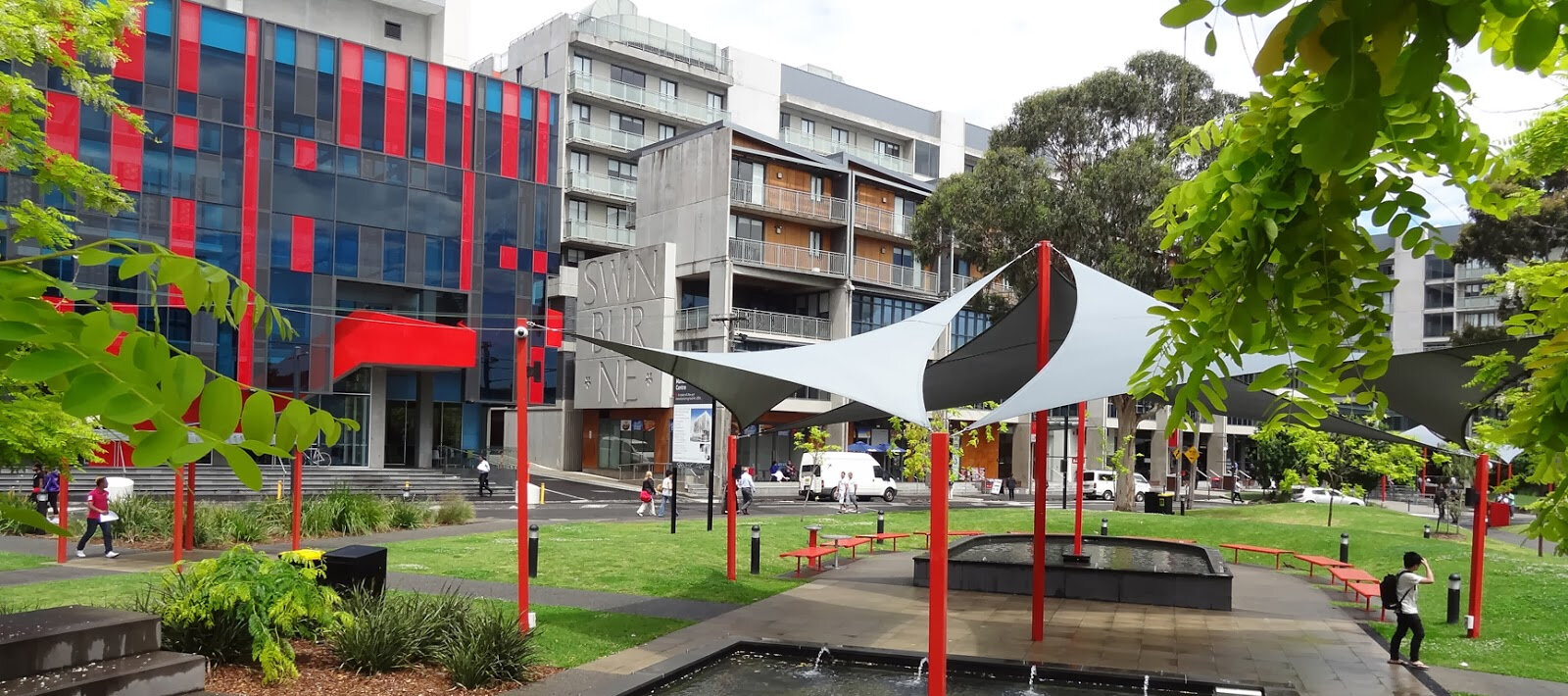Swinspirational
By Lauren Gatt
High-Performance Teams
Voice Project has worked with Swinburne University to deliver their employee engagement surveys since 2006. The Corporate and Government Affairs team within Swinburne were able to build on already strong results and achieve further positive changes in their most recent survey.
In the 2016 survey, all 37 measured practices improved from their 2014 results.
On average, results across the board improved 18%.
The largest improvements were processes, cross-unit cooperation, and learning & development, which improved an average of 45%.
Their results, on average, outperformed the university benchmark by 22%.
3 Building Blocks Of Performance
The Swinburne Corporate and Government Affairs team are a team of 27 who perform a variety of shared communications functions for internal and external stakeholders across the University. Their team leader Andrew, and a team member Jessica, spoke to Voice Project about how the team has been able to go from strength to strength.
Involvement
Andrew makes conscious efforts to actively engage all team members in decision making, which he feels has been critical to their success. There are many opportunities for staff members to have input into the team’s strategic objectives, including their annual offsite event “Planuary” (where the team sets its annual objectives) and mid-year “check in” to review progress towards these objectives. The team also has a weekly stand up meeting to give staff the opportunity to provide input on day-to-day tasks and operations and evaluate how these are contributing to the team and Swinburne’s overall objectives.
Given the high level of involvement of the team at both a strategic and operational level, there is also a high level of shared ownership and accountability. Once team members have provided their input and objectives have been determined, the team uses a ‘shared scorecard’ approach to ensure that all team members are contributing to achieving shared objectives. Andrew believes that the culture of accountability has been important for fostering the involvement of the team, and notes that finding effective ways of including everyone in decision making has been a key area of learning for him as a leader.
Rewards & Recognition
The team has implemented innovative ways to celebrate and recognise both team and individual accomplishments. For example, in the past team leaders have been asked to select a book for each member in the team and write some words on their contributions on the inside cover. For individuals who have gone above and beyond, the team also gives out awards twice a year, which recognise team members for being “swinspirational” or “swingenious”. Jessica also notes that more formal forms of recognition such as the end of year Vice-Chancellor’s awards are a “nice way to recognise achievements right across Swinburne”.
Learning & Development
A particular area the team wanted to focus on after their previous results was Learning and Development (L&D).
A specific area of focus within L&D was the training and orientation of new staff members. Given that staff tend to stay in the team for a few years, Andrew felt it was important to “get this right”. They have now implemented a more organised induction program so that new staff are better equipped to settle into their new team and role. This has also been supported by efforts at a university level to improve in this area.
Swinburne University also provides leaders within the organisation with several professional development opportunities and programs. They ensure that emerging leaders have access to this development before they step into their first people leadership role to set them up for success. HR also offers training on a wide variety of topics, which Jessica says she has valued greatly as she has progressed through roles.
Running “show and tell” sessions where staff are able to teach and learn from each other are also key parts of their L&D strategy. Jessica says that they provide a great opportunity not only share knowledge but also celebrate one another’s successes.
The team’s results demonstrate the positive impact that leaders who involve, trust, develop and reward others can have.


